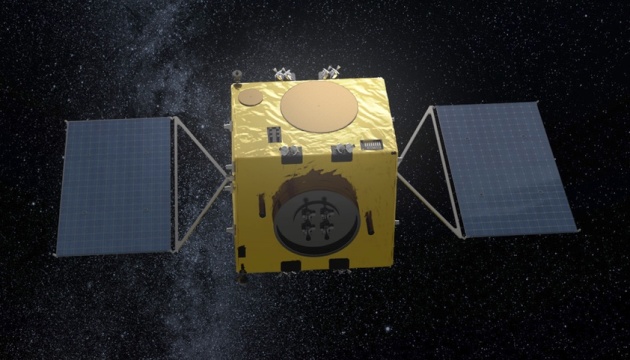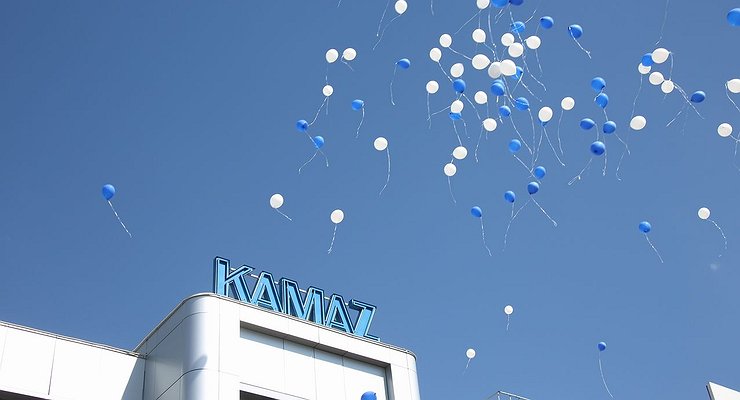The European Space Agency (ESA) plans to launch the Euclid and Hera missions on SpaceX’s Falcon 9 rockets in 2023 and 2024, after ending cooperation with Roscosmos.
This is reported by Ukrinform with reference to Space.news.
The Euclidean space observatory dedicated to the study of dark matter and dark energy was originally planned to be launched by a Soyuz rocket from the ESA spaceport in French Guiana. However, following the anti-Russian sanctions, ESA lost access to the Roscosmos launch vehicles and spacecraft.
ESA Director General Josef Aschbacher said at a press conference on October 20 that the agency has decided to launch the Euclidean astrophysics mission on a Falcon 9 in 2023 and the Hera planetary asteroid defense mission in 2024.
The Hera mission was planned to be launched on the European Ariane 6 rocket, but the idea was abandoned in favor of the Falcon 9 as the Ariane 6 project under development would not have had time to prepare by this time.
As part of this mission, the spacecraft will fly to the near-Earth asteroid Didymos and its moon Dimorphos, the target of NASA’s Double Asteroid Orientation Test (DART) mission, which collided with Dimorphos last month. Hera will study asteroids, including the impact of the DART collision on Dimorfos.
It was also stated that ESA abandoned its joint ExoMars mission with Roscosmos due to Russia’s extensive invasion of Ukraine, and as part of this, the Rosalind Franklin rover should be sent to Mars this year. The most likely new launch date for ExoMars is 2028. In this case, the European rover will arrive on Mars only by 2030.
As Ukrinform reported, in March the European Space Agency refused to cooperate with Roskosmos in the development of the ExoMars mission due to the Russian invasion of Ukraine.
Photo: ESA













